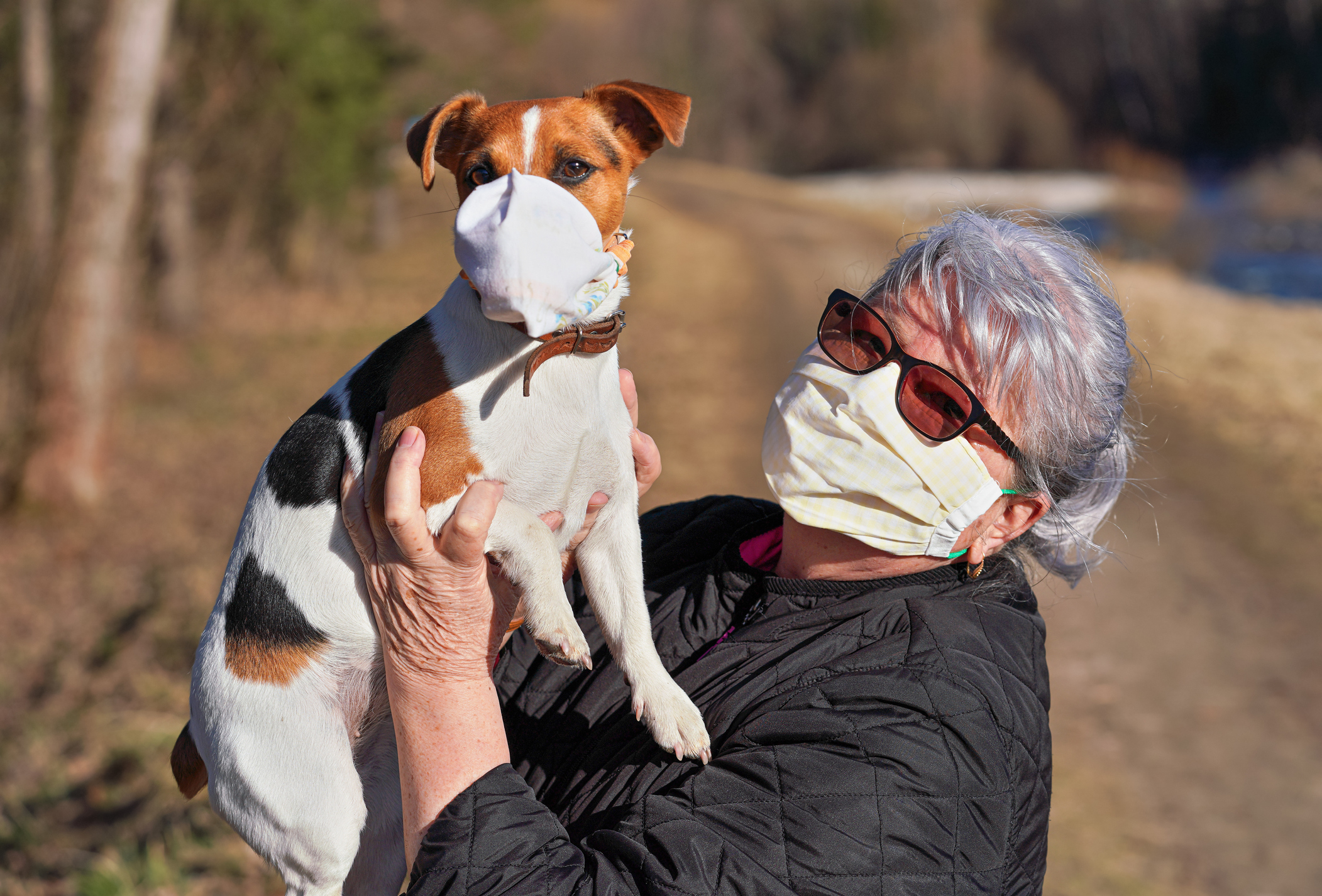Social distancing restrictions are loosening up in many regions beginning this week and the wearing of masks in public, although controversial, has gained widespread acceptance as newer evidence supports face-covering where physical distancing is not possible. Wearing a face mask appropriately in confined or crowded spaces like inside shops, at the barbershop or salon or on public transportation not only may protect individuals from contracting COVID-19, it may help prevent the spread of the virus.
According to a recent BBC News report, the World Health Organization recently updated its stance on wearing face masks in public, especially given the evidence that a significant proportion of infected people may be asymptomatic. It’s important to be aware that while there is still no evidence that cloth facemasks are effective in preventing viral transmission, they are regarded as one of several important tools which, when used in combination, can be effective. Good hand hygiene, maintaining physical distance and staying home if you feel unwell are all valuable tools. “Silent spreaders” of the Novel Coronavirus who may feel healthy yet be infected and able to spread the disease to others is a growing concern for researchers. People who are pre-symptomatic; unaware of being infected because symptoms have not yet started could also unintentionally spread the virus.
In order to protect others, especially vulnerable older adults and people with underlying health conditions, wearing a face mask in public where keeping a six-foot distance isn’t always possible and continuing to wash hands often and thoroughly while disinfecting high-touch surfaces is still warranted. If anyone becomes ill, they should quickly self-isolate and let people they have been in contact with know of the potential for infection.
Fabric masks should be made of three layers of different material according to the WHO, however people over the age of 60 or who have underlying health conditions should wear medical masks in areas with community transmission. The handling of face masks is also important to prevent the spread of infection. Wash hands before touching the mask and make sure the mask covers the mouth, nose and chin without any gaps at the sides. Avoid touching the mask while wearing it and clean hands before removing, using the straps to take the mask off. Pull the mask away from your face and store in a clean, dry plastic bag. Wash the mask in hot soapy water at least once a day. Check your mask for any signs of damage and do not remove your mask within one meter of others. The Oldish encourages our readers not to follow the example of so many media people who report while wearing their masks under their chins or around their necks, holding them in their hands or stuffing them in pockets. These examples are not in line with any responsible usage and handling recommendations.
Learn more about how to safely wear a fabric face mask by following this link to the World Health Organization. Hint: dangling your mask from the rearview mirror is not the proper way to store your mask. In New Jersey, it could get you a ticket for having an obstructed windshield.






Add Your Voice
0 Comments
Join the Discussion